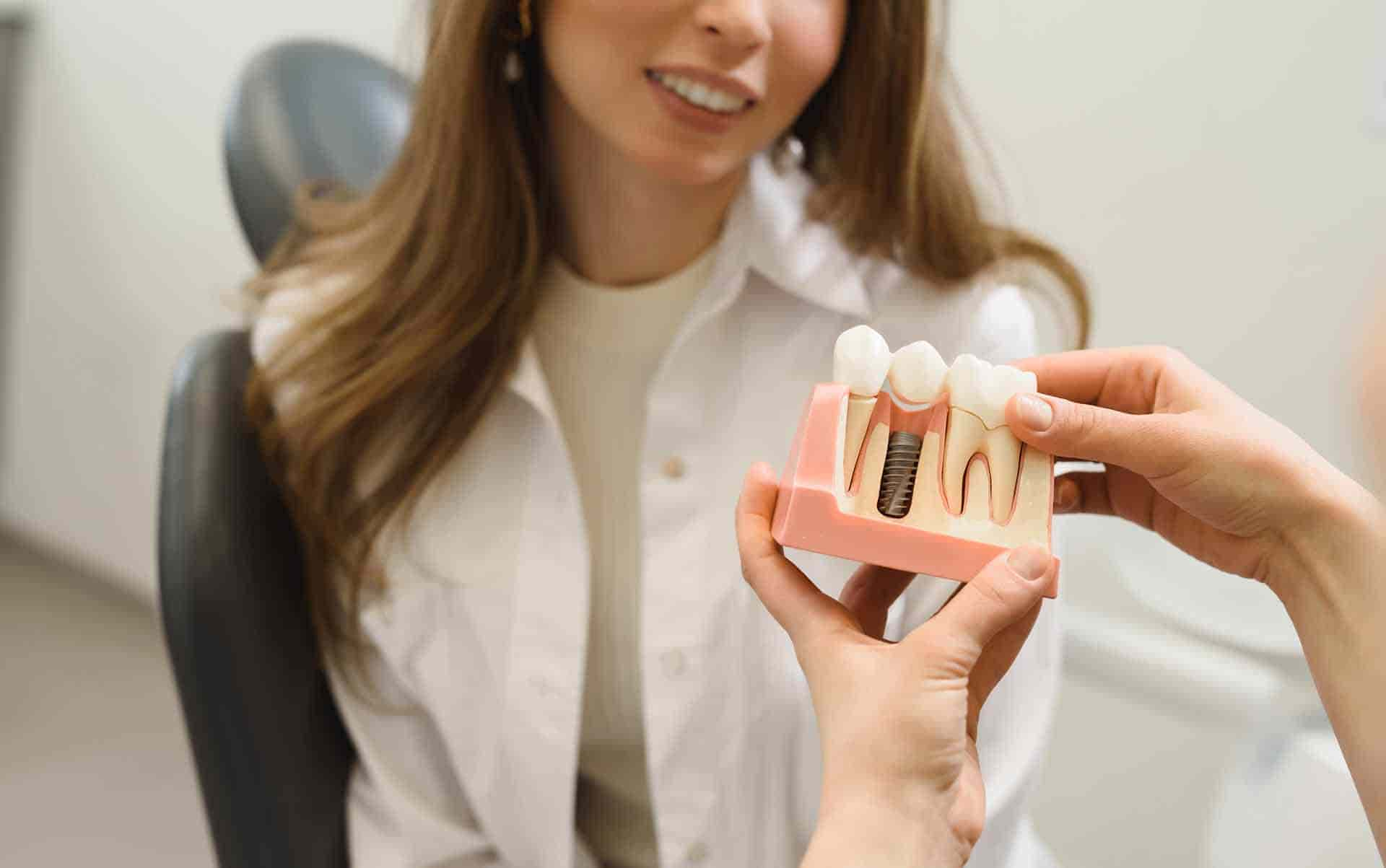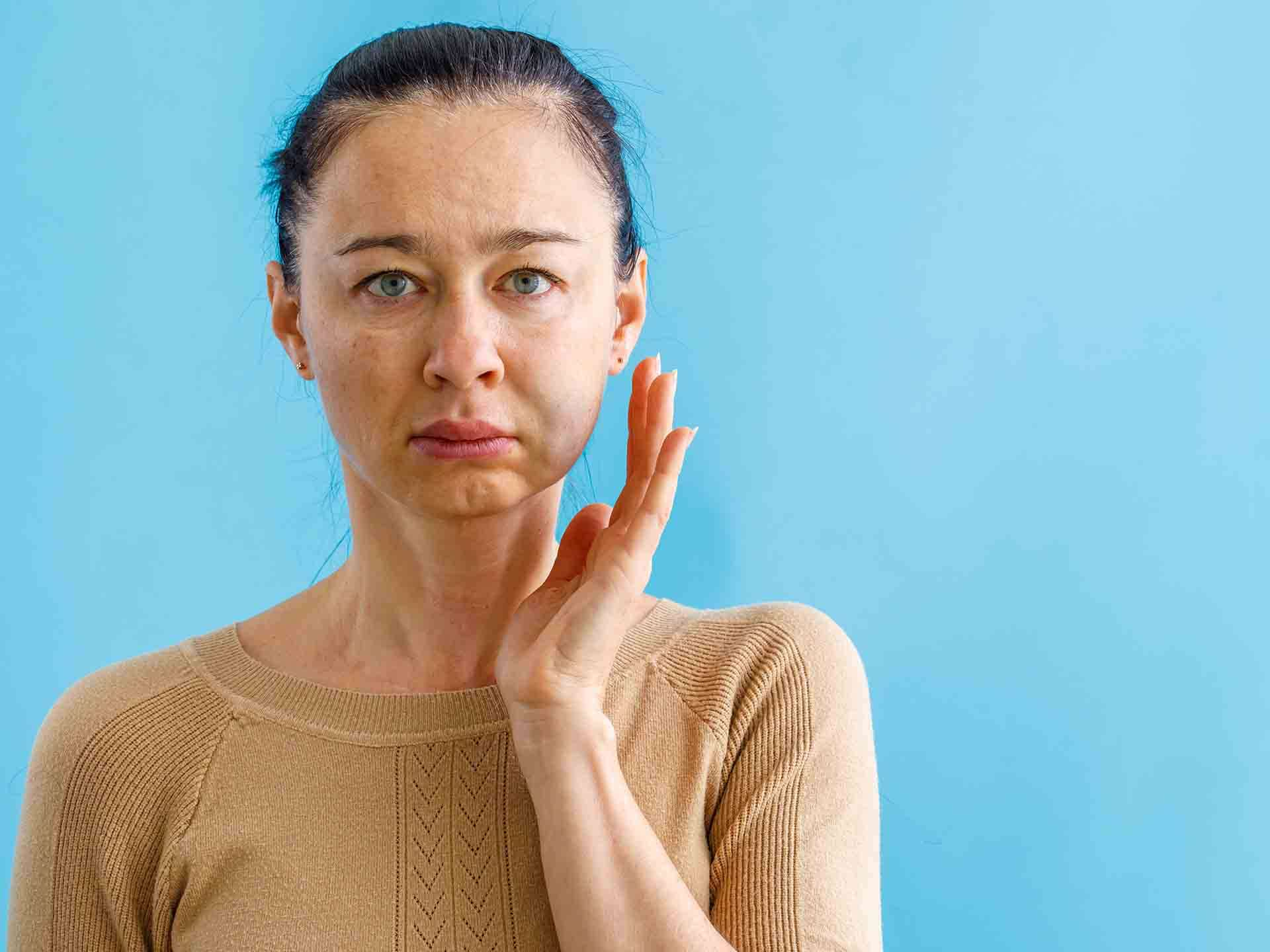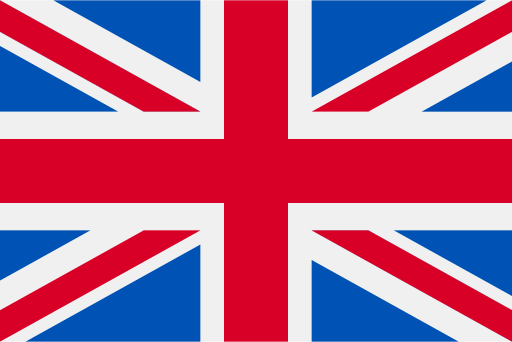Can a Night Guard Help With Snoring?
September 2025
Snoring is a common issue that affects both the person snoring and their sleep partner. For some, it's just a minor nuisance, but for others, it can signal an underlying health condition. Many patients ask: can a night guard help with snoring? The short answer is yes, night guards can sometimes reduce snoring by adjusting the position of your jaw and helping keep your airways open. However, not all night guards are designed for this purpose, and results can vary depending on the cause of snoring.
In this blog, we’ll explore how night guards work, the different types available, their benefits and limitations, and whether they might be the right solution for you.
Best Night Guard for Snoring and Grinding
Many people who snore also suffer from teeth grinding (bruxism). In such cases, choosing the best night guard for snoring and grinding is important.
- Custom-fitted night guards: These are made by dental professionals and tailored to your bite. Because they fit snugly, they not only protect your teeth from grinding but can also help reposition the jaw and tongue slightly forward, which reduces airway obstruction.
- Mandibular advancement devices (MADs): These oral appliances are designed to move the jaw forward, keeping the airways open during sleep. They are one of the most effective solutions for people who snore due to mild obstructive sleep apnea.
- Over-the-counter guards: While more affordable, they may not offer the same level of comfort or effectiveness as custom-made appliances.
For those dealing with both grinding and snoring, a custom oral appliance prescribed by a dentist is usually the best choice.
Best Mouth Guard for Snoring
So, what is the best mouth guard for snoring? That depends on the cause of your snoring.
If your snoring is caused by the soft tissues at the back of your throat vibrating, an appliance that gently repositions your lower jaw may be effective. These mandibular advancement devices (MADs) are often recommended over simple guards that only protect the teeth.
Do Night Guards Stop Snoring? In some cases, yes. But not every night guard is built for this purpose. Standard guards designed for bruxism may reduce grinding-related noise but won’t always impact airway-related snoring.
Can a Night Guard Cause Snoring?
Interestingly, some people wonder: can a night guard cause snoring?
The answer is that it depends on the design of the guard. A poorly fitted or bulky night guard may push the jaw and tongue backward, narrowing the airway and actually increasing snoring. This is especially true with over-the-counter guards that aren’t customized to your bite.
This is why working with a dental professional is so important. A custom-fitted guard ensures comfort and effectiveness, reducing the risk of side effects like increased snoring or jaw pain.
Is Sleeping With a Mouth Guard Dangerous?
Patients often ask: is sleeping with a mouth guard dangerous? The good news is that for most people, mouth guards are very safe. They are widely prescribed for conditions such as teeth grinding and mild sleep apnea.
However, it’s important to note:
- Over-the-counter options may not always fit properly, leading to discomfort or even worsening of symptoms.
- A poorly designed guard could cause jaw misalignment, headaches, or contribute to jaw pain.
- For individuals with severe obstructive sleep apnea, a mouth guard should never replace medical treatments like a CPAP machine.
When prescribed and monitored by a professional, night guards are a safe and effective tool for improving sleep quality.
Does a Night Guard Help With Sleep Apnea?
Another common question is: does a night guard help with sleep apnea?
For those with mild sleep apnea, custom appliances, especially mandibular advancement devices (MADs), can significantly reduce symptoms by keeping the airway open during sleep. These devices work by gently repositioning the lower jaw and tongue to prevent airway collapse.
Do Teeth Grinding Guards Work for Snoring? Not always. Standard guards for bruxism may not address airway obstruction, but specialized oral appliances for snoring and apnea can.
For moderate to severe cases, a CPAP machine or a combination of treatments may be recommended instead.
Types of Mouth Guards & How They Protect Your Teeth
Night guards are not one-size-fits-all. Here are the main types of mouth guards & how they protect your teeth:
- Soft night guards – Best for mild grinding, offering cushioning but limited durability.
- Hard acrylic guards – More durable, suitable for heavy grinders, but less comfortable.
- Mandibular advancement devices (MADs) – Specifically designed to reduce snoring and mild sleep apnea by advancing the jaw forward.
- Combination guards – Custom designs that address both grinding and airway issues.
By selecting the right type, you can both protect your teeth and potentially reduce snoring.
Final Thoughts: Can a Night Guard Help With Snoring?
So, can a night guard help with snoring? The answer is yes, for many patients, especially those with mild snoring or mild sleep apnea, a custom oral appliance can make a big difference.
However, not all night guards are created equal. While some are designed only to protect against grinding, others like mandibular advancement devices can actively reduce snoring by keeping the airways open.
At Raio Dental, our team specializes in TMJ treatment, oral appliances, and snoring solutions tailored to your needs. If you’ve been wondering, does night guard help with snoring? The best next step is a consultation with our experts.
Learn more about our TMJ specialist services in New York and discover whether a custom night guard could be the right solution for you.

A Complete Guide to Restoring Damaged Teeth in New York
January 2026Key Takeaways:- Restoring damaged teeth is more reliable than ever with modern dentistry Early treatment helps repair damaged teeth before problems progress Damaged enamel restoration focuses on mineralization and protection, not true regrowth Restorative ...
Preventive Dental Care Trends in 2026: Early Detection & Smart Care
January 2026Key Takeaways:- Preventive dental care trends in 2026 are all about catching problems early and tailoring care to each patient Digital diagnostics and smart oral devices make proactive dental care easier than ...
Is Professional Teeth Whitening Worth the Cost in New York?
January 2026Key Takeaways Professional teeth whitening delivers faster, longer-lasting results In-office treatments are safer than over-the-counter kits Whitening improves confidence and smile appearance Dentist-guided whitening reduces sensitivity risks Results typically last 6–12 months with good care Professional ...
Is Teeth Whitening Permanent?
January 2026A bright, white smile can boost confidence and transform your appearance but one common question patients often ask is, "is teeth whitening permanent?". The truth is that while teeth whitening ...
All-on-X Implants vs. Traditional Dentures: Pros and Cons
October 2025When considering tooth replacement options, many patients wonder about All-on-X Implants vs. Traditional Dentures: Pros and Cons. Both solutions can restore a full arch of teeth, improve oral health, and ...
Maintenance & Aftercare of All-on-X Implants
October 2025Maintenance & Aftercare of All-on-X Implants is essential to ensure the long-term success of your full-arch dental restoration. All-on-X implants offer a stable, durable solution for patients missing multiple teeth, ...
Can a Night Guard Help With Snoring?
September 2025Snoring is a common issue that affects both the person snoring and their sleep partner. For some, it's just a minor nuisance, but for others, it can signal an underlying ...
How to Reduce Swelling After Oral Surgery
September 2025Swelling is one of the most common side effects after oral surgery. Whether you've had your wisdom teeth removed, a tooth extraction, or another procedure, swelling is part of the ...
Can TMJ Cause Dizziness? Understanding the Link Between Jaw Disorders and Balance
August 2025Do you ever feel lightheaded for no clear reason? Struggle with sudden dizziness when standing up or turning your head? Feel off-balance even when everything else seems normal? These symptoms ...
Can Orthodontics Improve a Misaligned Jaw?
September 2025Did you know? A misaligned jaw can cause chronic headaches, ear pain, difficulty chewing, and even lead to temporomandibular joint (TMJ) disorders. Most people think orthodontics is only for straightening ...
What Happens If You Drink Alcohol After Fluoride Treatment?
June 2025Did you know fluoride treatments can reduce tooth decay by nearly 25%? That's why many people include it in their regular dental visits. But once the treatment is done, you ...
























